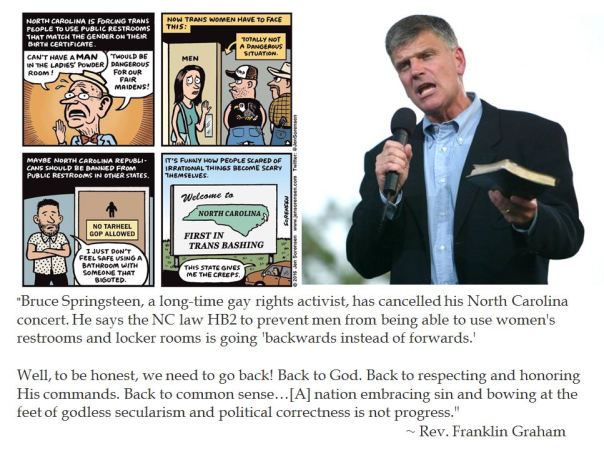This "The Vortex" video asserts that Fr. James Martin being a heretic might explain the Jesuit media darling's animus against Church Militant TV as much as the cancelled public appearances.
Canonically, Fr. Martin's claim that such associations have zero legitimacy is jesuitical, that is to speak with great force but not have facts on one's side. Canons 298 and 299 allow for associations:
"[T]o foster a more prefect life to promote public worship or Christian doctrine or to exercise other works of the apostolate such as initiatives of evangelization, works of piety or charity and those which animate the temporal order with a Christian spirit."
Moreover, Fr. Martin rails "Traditional Catholics" subverting tradition by challenging legitimate Church authorities. However, Canon 212(3) recognizes the right, and even the duty, to make their opinions on faith and morality known to their public.
 |
| Michael Voris, Church Militant TV |
Our Church shepherds are owed our allegiance when they preach the Gospel in accords with the Magisterium. Alas, as seen in Amoris Laetitia, progressive pastoral proposals dealing with marriage are treated as almost as Ex Cathedra announcements, even when the aforementioned Apostolic Exhortation did not align with the sensus fidae of the Extraordinary Synods on the Family.








